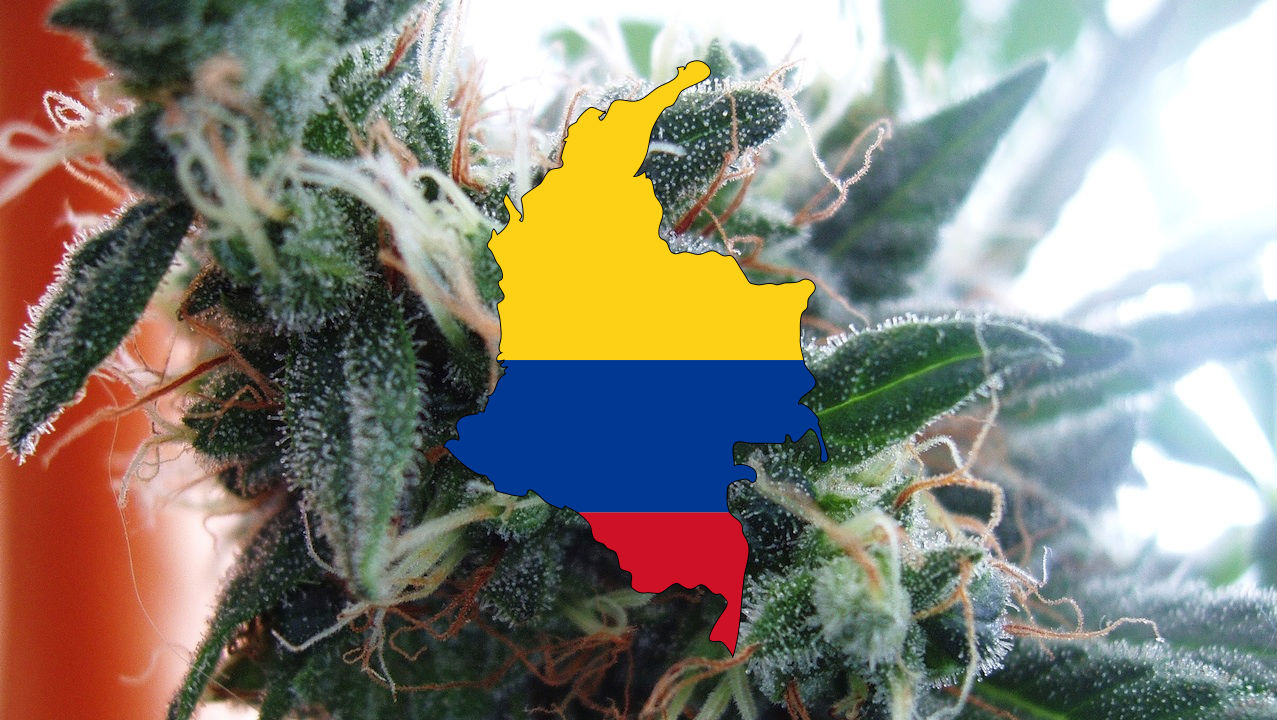Basuco, Colombia’s answer to crack cocaine, is a problem in Bogota. With an estimated .1 percent of the city addicted to the cheap, smokeable, insanely impure cocaine paste, officials may turn to a surprising but completely reasonable tool for treatment: cannabis.
According to Univision and the BBC, Colombia’s capital plans to establish “controlled consumption centers” where addicts can safely and slowly curtail their usage. When the situation calls for it, weed may be used as a transitionary tool.
“The first thing you do is to start to reduce the dose. After that, you begin to change the way that it’s administered: if you were injecting heroin, you move to smoking heroin; after smoking heroin, you move to combining it with cannabis; after that, you’re staying with the cannabis,” explains Julián Quintero of the non-profit Acción Técnica Social. “What you’re looking for is for the person to reach a point where they can stabilize the consumption and that the consumption doesn’t prevent them from being functional.”
It’s unclear how far along plans to build the centers are, but a similar model won’t be coming to the cannabis-phobic U.S. any time soon. “Unfortunately, universities rely on grants from the federal government for research, so most of what they do is what the feds want done,” said Amanda Reiman of the Drug Policy Alliance. “As you can probably guess, the feds are not too interested in beneficial uses for marijuana, and even less interested in how to help people who are addicted to substances, so most of the research in this area occurs outside the U.S. or through private funding.”
(Photo: Théo/Flickr)


